Iran: Humanitarian exemptions for sanctions 'a hypocritical term coined by West'
A senior Iranian diplomat has roundly dismissed the so-called humanitarian exemption for sanctions, terming it as “a fake and hypocritical term” invented by the US and its Western allies to hide the inhumane nature of their measures.
Iran's Deputy Foreign Minister for Legal and International Affairs Reza Najafi made the remarks in a meeting of the UN General Assembly on the elimination of unilateral coercive economic and extraterritorial measures as a political expression in New York Thursday.
“I must stress that despite the claims of Western states, there are no so-called ‘humanitarian exemptions’ for sanctions. Such a fake and hypocritical term is coined by the US and other Western states merely to purportedly hide the inhumane nature of their sanctions. These terms are but sheer lies and deceptions,” he noted.
Najafi said unilateral sanctions are a gross violation of UN principles “to develop friendly relations among nations”, “to achieve international cooperation in solving international problems of an economic, social, cultural, or humanitarian character” and promote and encourage respect for human rights.
He pointed to the case of patients with chronic diseases, emphasizing that they face severe shortages of life-saving medications due to restrictions on their import as a result of unilateral sanctions.
“In this context, I must refer to devastating impact of sanctions on patients suffering from Epidermolysis Bullosa (EB), a rare and debilitating skin disease. While such patients need specific wound dressings for treatment, unilateral sanctions extremely restrict the import of such dressings. This has not only exacerbated the suffering of the EB patients in my country, but also has resulted in a remarkable increase in mortality rates among EB patients.”
Unilateral sanctions stifle economic growth, hinder development projects, and deprive individuals of their means of subsistence, perpetuating poverty and inequality, he said.
"They also increase mortality rates among vulnerable segments of society, including children, pregnant women, and the elderly, due to lack of access to basic necessities like food, medicine and healthcare."
Unilateral sanctions, Najafi said, are inhumane, immoral and unlawful.
"They are but a brutal collective punishment of targeted nations for their determination to exercise their inherent rights to self-determination recognized in Article 1 of the UN Charter as well as Articles 1 of the twin covenants on civil and political and economic, social and cultural rights.”
Najafi said countries introducing sanctions weaponize food, medicine, medical equipment and alike to further their own narrow policies.
"Unilateral sanctions continue to destroy the fabrics of multilateralism – the United Nations at its center; seriously breach the letter and spirit of the United Nations Charter; reject cooperation and foment confrontation; and instead of promoting friendly relations cause hatred and hostility," he said.
“Unilateral sanctions are nothing but economic war and terrorism; restrict the access of targeted nations to essential goods and services; exacerbate economic hardship and poverty; undermine the well-being of civilians and ordinary people; perpetuate a cycle of poverty, inequality, and human suffering; and the worst is that target the most vulnerable segments of targeted societies the most.”
VIDEO | Press TV's news headlines
Israel expands northern Gaza occupation beyond 'yellow line'
VIDEO | Venezuelans demonstrate in support of kidnapped president Nicolas Maduro
Venezuela’s independence, sovereignty ‘non-negotiable’: Ambassador to Iran
Kidnapped Maduro to appear in New York court with protests expected outside
Iran’s Judiciary chief warns rioters will face firm action without leniency
Monitor group: Israeli forces, settlers carried out nearly 24,000 attacks in 2025
VIDEO | American lawlessness: This time in Venezuela


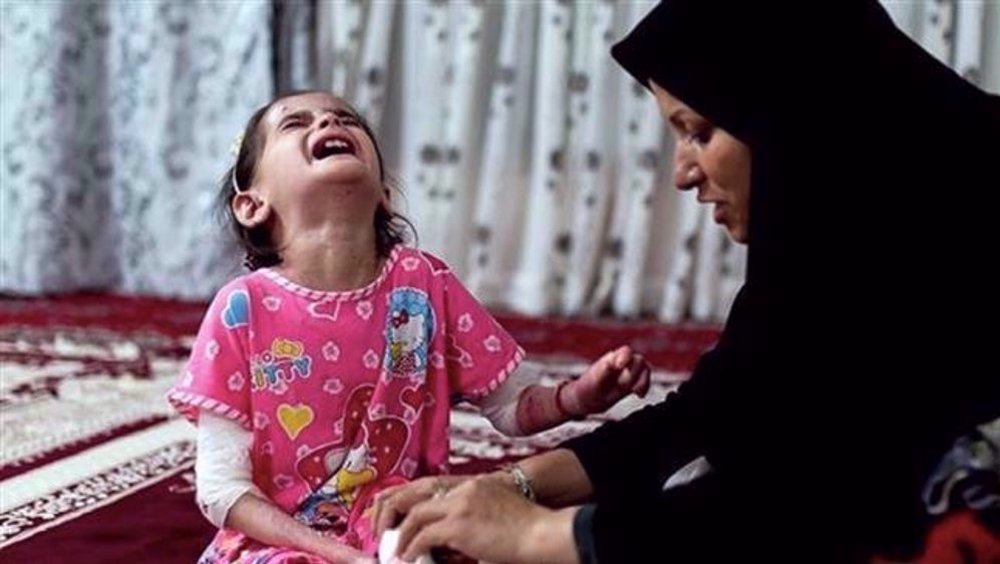
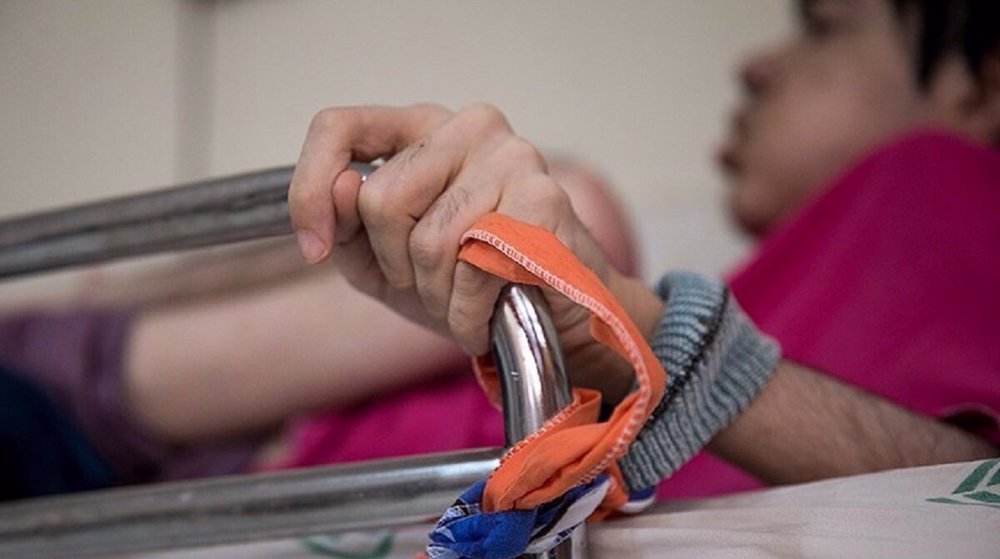
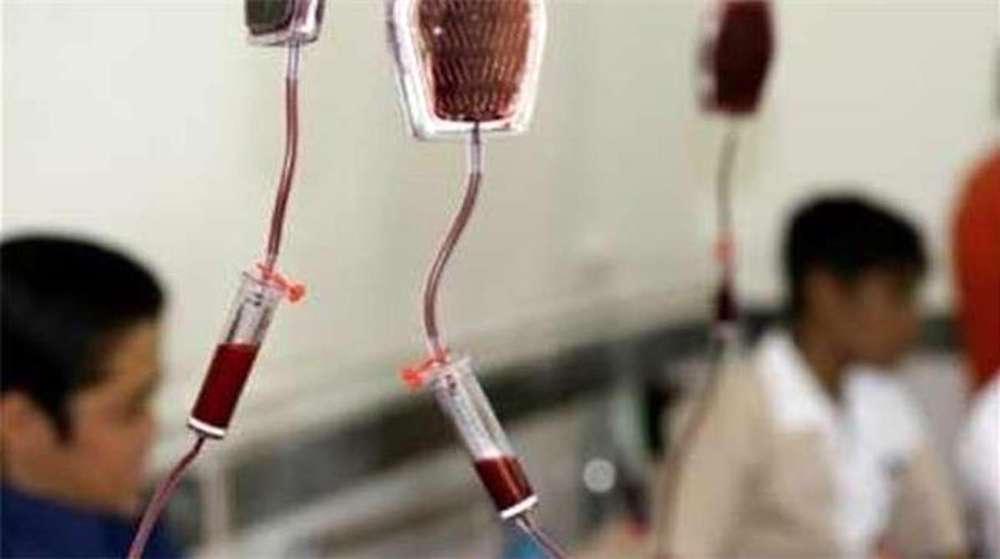
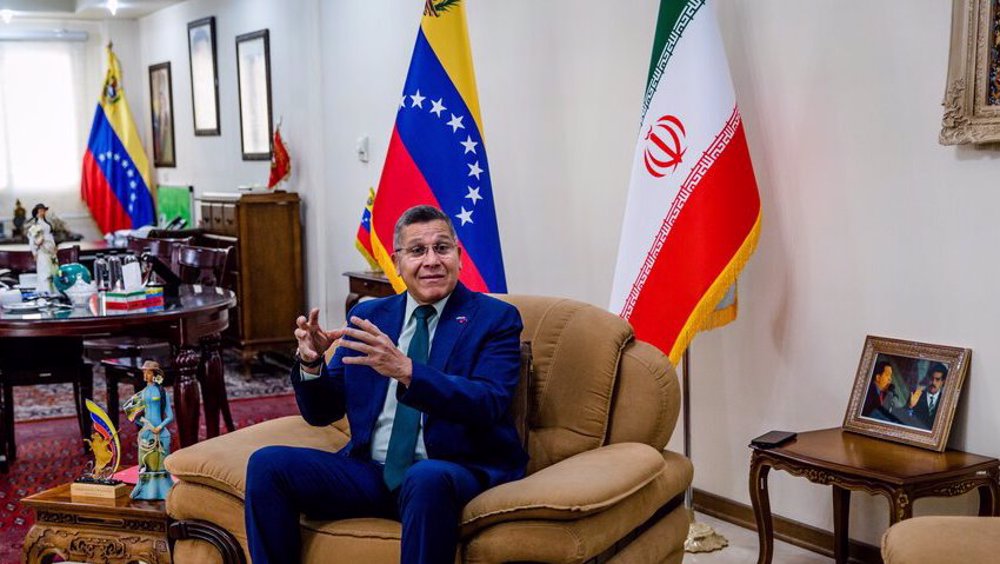
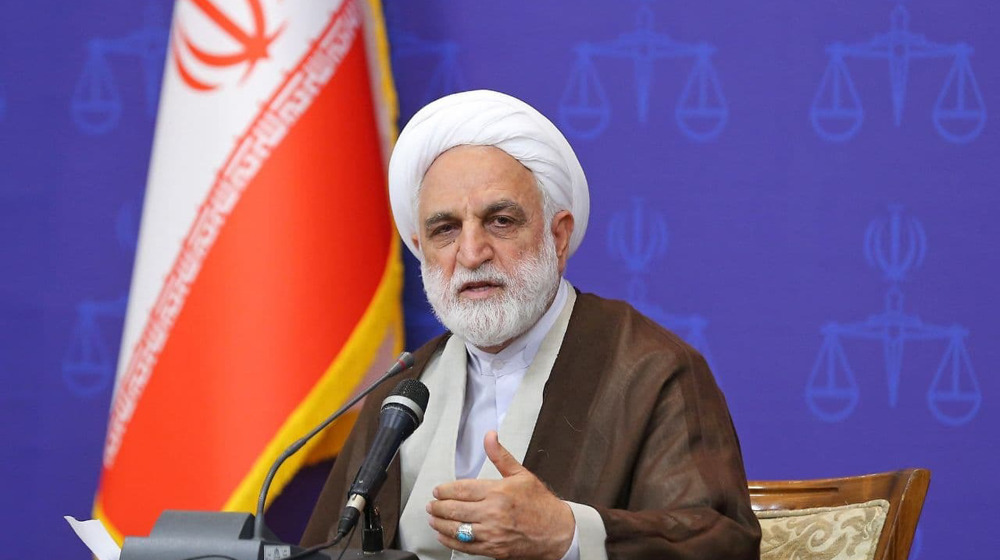





 This makes it easy to access the Press TV website
This makes it easy to access the Press TV website